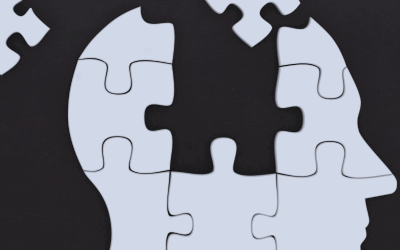Tired of stress and anxiety controlling your life? Neurofeedback offers a drug-free way to retrain your brain and reclaim calm. Explore how this science-backed technique helps balance your nervous system and boost resilience.
How Neurofeedback Supports Personal Growth and Self-Improvement
Neurofeedback is an emerging tool in the world of personal development. By training your brain to operate more efficiently, it can help unlock greater focus, emotional balance, and inner clarity—key ingredients in any self-improvement journey.
Neurofeedback and Emotional Balance: How It Works
Neurofeedback offers a powerful, drug-free way to improve emotional balance by teaching your brain to regulate itself. Here’s how it works and why it’s gaining attention in the mental health world.
How Neurofeedback Improves Memory and Cognitive Function
Neurofeedback offers a promising, drug-free way to enhance memory and cognitive performance.
Neurofeedback for Chronic Stress: Breaking the Cycle
Chronic stress can feel like a never-ending loop, impacting both mind and body. Neurofeedback offers a science-backed way to retrain the brain and disrupt this cycle. Learn how this non-invasive therapy is helping people regain calm, focus, and resilience.
The Importance of Sleep for Brain Health and How Neurofeedback Can Help
Sleep is critical for memory, mood, and brain detoxification. Learn how neurofeedback can help you achieve better sleep and improve your brain health naturally.






